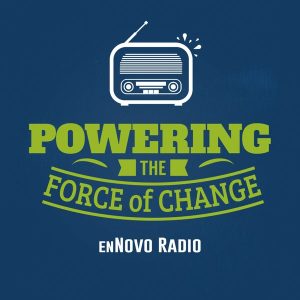 Systems theory helps the world understand the interactive relationships that exist in many domains of life and events that occur throughout the universe. Kenneth Burke’s theories on ideology explore how, through communication, people develop interactive relationships that create a common framework through which life is interpreted. It is only logical to explore how systems theory can reveal the implications of communication in an interconnected world.
Systems theory helps the world understand the interactive relationships that exist in many domains of life and events that occur throughout the universe. Kenneth Burke’s theories on ideology explore how, through communication, people develop interactive relationships that create a common framework through which life is interpreted. It is only logical to explore how systems theory can reveal the implications of communication in an interconnected world.
A system is an interrelated collection of several things, be it ideas, principles, people, or planets. Those elements are connected through a set of relationships that allow the individual pieces to operate as a whole. Communication helps forms an ideology most effectively the same way a system is formed: from the bottom or through self-organization. That happens best as communication and persuasion works its way through the social networks of individuals.
Small groups of people are dynamically formed through communication and persuasion. As connections between various small groups are found or made, a large group consisting of multiple, interrelated small groups form. The network gets larger, creating more possible connections between groups. If this happens, dramatic shifts in thinking or a dramatic change in action can occur. The communication and persuasion that accompanies it every day in a community can function like gas-soaked wood waiting for the spark that will create a blazing fire.


